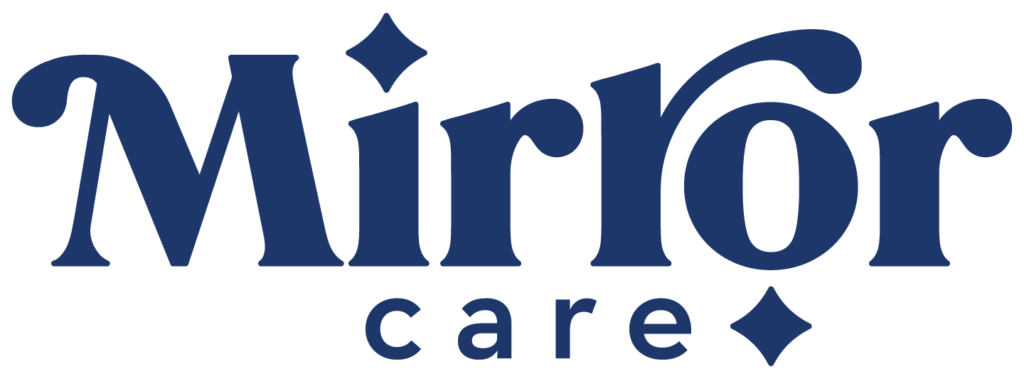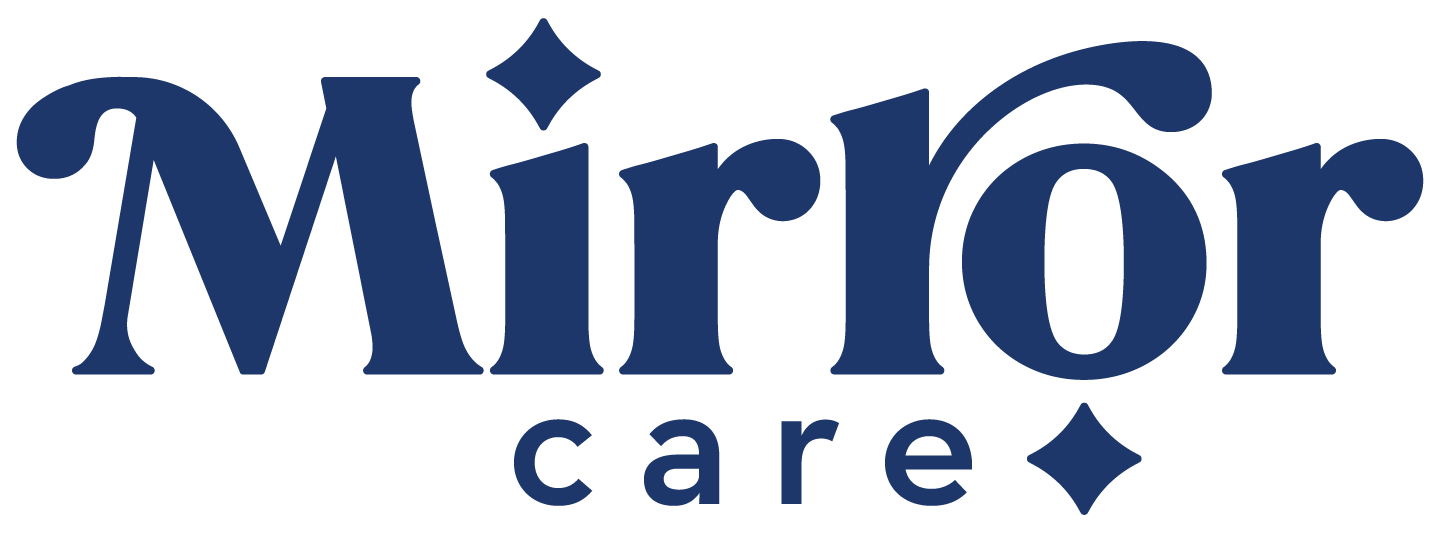You’ve likely heard of testosterone, the major sex hormone in males, and its role in improving male health. You’ve probably seen those late-night infomercials, or cheesy advertisements, talking about how testosterone supplements (which usually aren’t testosterone, just vitamins) can help men improve their sex lives and better perform.
But did you know that testosterone is vital to female health, and that women need testosterone too?
Testosterone’s Role in Aging
Testosterone is FDA-approved as a replacement therapy for men who have low testosterone levels; however, testosterone replacement has been used for decades for both men and women for a variety of reasons. As we age, there comes a decreased ability for our cells to produce proteins, a decline in our immune function, an increase in fat, a decrease in muscle mass and strength, and a decrease in our bone mass. Overall, as we age, we become physically more frail. This aging process has been considered to be a normal process and unavoidable, but recently, many people have become unwilling to accept this grim stereotype of aging. Hormone therapy is partly responsible for this change in attitude, and one of the most important hormones is testosterone.
Testosterone’s Importance in Women’s Health
The medical community has realized that testosterone, stereotypically a male hormone, also plays an important role in women’s health. The symptoms of testosterone deficiency are subtle. The most common symptom associated with testosterone deficiency is decreased sexual desire, which had long been associated with the psychological issues of stress, depression, or relationship problems. Instead of treating the deficiency, the condition typically prompted a referral for counseling. More evidence now shows that many women, both premenopausal and postmenopausal, suffer from testosterone deficiency. Common symptoms include decreased libido, decreased energy levels, decreased muscle strength, persistent fatigue, and a decreased sense of well-being, among others.
Studies have shown that supplemental testosterone treatment not only increases sexual desire and activity, but also decreases personal distress. Testosterone has been shown to improve body composition and aesthetics, decrease visceral fat and subcutaneous fat, and maintain muscle mass, which maintains metabolism (both of which prevent diabetes and heart disease). Recent studies have found that higher levels of testosterone have shown a lower risk of carotid artery thickening and plaque formation. As for the aesthetic component, testosterone has been shown to be beneficial to skin: increased collagen, increased thickness, improved texture, decreased wrinkles, and a decrease in fat deposition and cellulite.
Testosterone has also been shown to decrease the incidence of breast cancer and decrease breast cancer recurrence for women who have been treated for breast cancer.
Testosterone is vital for the proper development and maintenance of the male reproductive system, but it also plays an important physiologic role in women, of which we are only just beginning to understand the vast benefits.
Testosterone is Key to Your Health
So, what’s the bottom line? Testosterone is a critical component of your health. Both men and women need testosterone to function normally, and optimizing your testosterone levels, especially in women, can have significant benefits to your health and well-being.
How Can We Help?
Legal and Privacy
Quick Contacts
- (630) 884-4449
- Questions@mirror.care
-
Mirror Care Pharmacy 17W535 Butterfield Rd Suite 001
Oakbrook Terrace, IL 60181
Receive Updates from Mirror Care
- Copyright 2026 Self Therapeutics, LLC


Leave a Reply